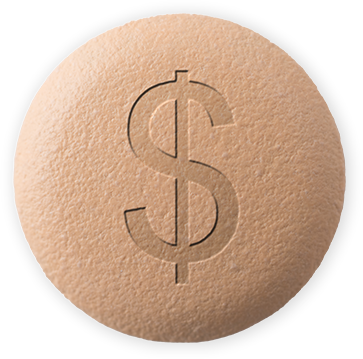The four whistleblower laws and programs that provide those who blow the whistle with monetary rewards for reporting fraud or illegal activity are:
The False Claims Act
The FCA was the first whistleblower reward program in the United States and was signed into law by Abraham Lincoln during the Civil War in 1863. This federal program is used to report anyone defrauding the government, although 30 states including the District of Columbia have their own programs.
The IRS Whistleblower Reward Program
In 2006 Congress enacted a mandatory tax fraud program under Section 406 of the Internal Revenue Code. The IRS whistleblower program pays those who expose any form of tax underpayment. In cases that exceed $2 million, the Office pays 15-30% of unpaid taxes, fines, and interest collected.
The Securities Whistleblower Reward Program
The 2010 Dodd-Frank Wall Street Reform and Consumer Protection Act provides rewards for whistleblowers who provide information to the Securities and Exchange Commission about a company or individual violating any securities law. The SEC program is also used to report companies bribing foreign officials in violation of the Foreign Corrupt Practices Act (FCPA).
Commodity Exchange Act Whistleblower Rewards
The Dodd-Frank Act also created another program administered by the Commodity Futures Trading Commission (CFTC), to report violations of the laws governing commodities futures, options, and swaps. Commodities include oil, gas, foreign currency, agricultural products and any other item traded on the global market.
Whistleblower Reward Percentages
The size of the final award is calculated as a percentage of the total recovery that resulted from the information provided by the relator. The percentage range is set by different statutes and equals to 15-30% for FCA an IRS Tax programs, and 10-30% for the SEC, CFTC, and FCPA ones.
10% – The least a successful whistleblower can receive
30% – The most a whistleblower may receive under any federal program
Factors that affect the whistleblower reward percentage:
Each program uses a number of specific official and unofficial factors to determine the final reward and others that are shared among them all.
Relator Complicity
Was the whistleblower involved with the fraud?
Relators who participated in the fraud may receive a lower percentage of an award but never less than the minimum set by law since the authorities recognize that not all those who come forward do it with clean hands.
Quality Of Information
How accurate and significant was the information provided?
Insiders tend to possess information that is not publicly available. The more accurate, comprehensive, and detailed the information provided is, the more useful it will be, increasing the final reward.
Litigation Assistance
Did the whistleblower and their attorneys assist in the investigation or prosecution of the litigation?
Because they’ve worked to organize the facts and may have conducted their own investigations, the relators’ attorneys will be very familiar with the details of the case. It’s not uncommon for the federal or state prosecutors to work with those lawyers build a case together, or to reach out for specific expertise. When this occurs, it increases the likelihood of a larger prize being awarded.
Timeframe
How quickly has been the fraud reported?
The earlier an individual reports fraud after it happens, the more favorably their case will be viewed. Reporting illegal activities immediately allows the authority to stop them sooner rather than later and before more harm can be done.
Take the next step

Get in touch today and call one of our attorneys to receive all the help and information you need for free.

